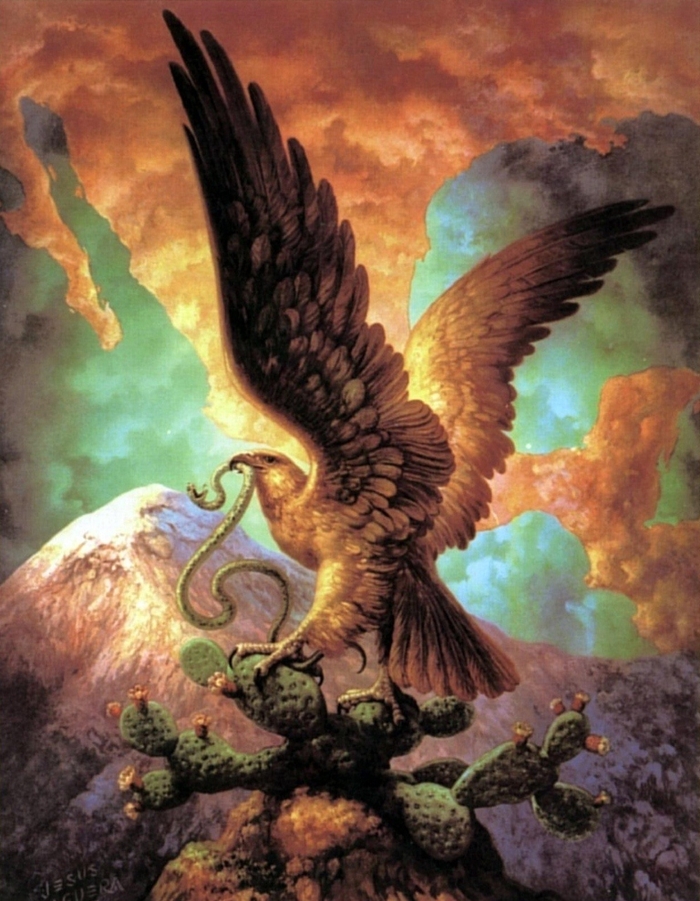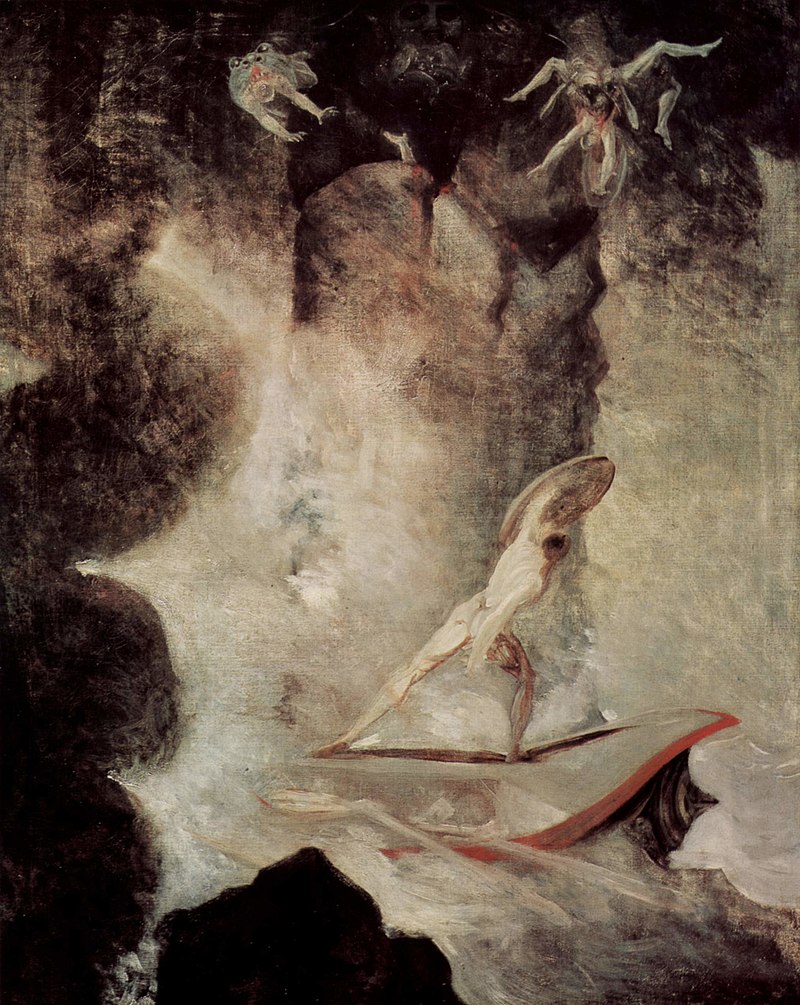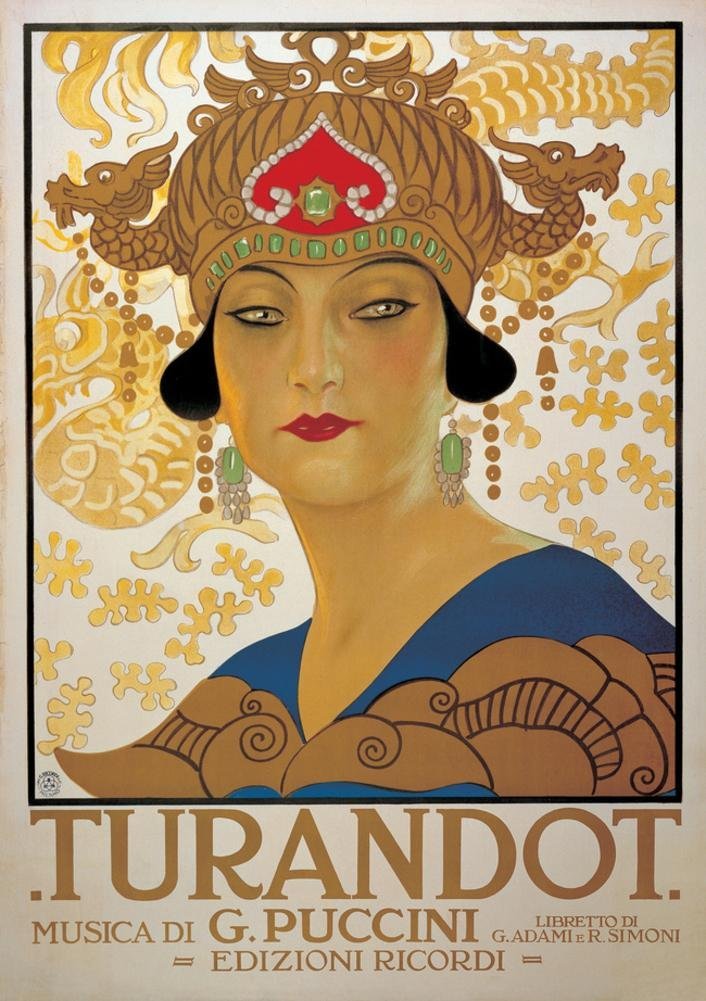
of the solar power
If you use the phrase asymmetrical warfare, people think of guile, cunning, violence, and even brutality. It is also supposed to be opposed to symmetry, and is the exclusive province of terrorists, radicals, rebels, and other scoff-laws. To listen to the talking heads, it is either a gigantic mystery which only dark geniuses like Nathan Bedford Forrest or Ho Chi Minh understand, or something which the Army can simply manufacture on command, according to modular learning in their trained killers, like a Psy-Ops.
What is poorly understood is that war itself (insofar as it is prosecuted with vigor and intensity) is inherently asymmetrical. There is not a soldier alive, who has survived more than 3 weeks on the ground in a combat zone, who doesn’t feel this in his bones. After perusing an army resource, a candid appraisal would conclude that all conflicts are dominated by asymmetry, with symmetry being the exception rather than the rule. War is the ultima ratio (regum), which is the final appeal to reason, in that one side determines that potential death and suffering are more attractive than the alternative. If one sides appeals to arms, it unilaterally is an armed conflict – if one side excels at asymmetry (ie., are serious about winning), it is an asymmetric armed conflict. But really, the adjective terms are virtually synonymous with conflict itself: it’s merely a difference in intensity. And although wars are often fought today without bullets, with ideas and words, this itself is asymmetrical. The abandonment and demonization of open warfare is itself an asymmetry. Yet this is consistent with Tradition too. Symmetrical warfare is the exception to the rule; conflicts are often won or lost spiritually first, & even physical conflicts often turn on unlikely combinations of surprise, daring, or audacity.
Why is this, & why do men have such trouble seeing it clearly? Why do they temporize with something that they know is engaged in struggle against them?
War may be the most conservative of human activities or states.
An increasingly technological future battlefield envisaged in current defense guidance appears to present more opportunities to both achieve surprise and to be surprised.[30] What does not appear likely to change is the human element and its susceptibility to surprise and shock. As Hart observes, “Human nature…changes but slowly, if at all; and human nature under stress of danger, not at all.”[31] Given that warfare is ultimately a human activity, irrespective of changes in the character of war, surprise and shock will remain consistent factors of conflict.
Increased technology has not diminished the innate conservatism of the warrior, but rather enhanced it. It is now possible for the well equipped & well trained warrior to expect not merely victory, but in some cases, lack of scathing. Yet this can occur at either end of the obvious symmetry-asymmetry pole: terrain, weather, or simple ignorance can transform humble earth forces into the solar pole and lead to unlikely and unexpected outcomes. Symmetry and asymmetry are not in the obvious conflict one might suppose. This is because the line between good and evil is drawn through the human heart, so we have to dig deeper.
Amin Maalouf argues in The Crusades Through Arab Eyes that it was the “Franks” who won the Crusades in the long run, despite their greed and stupidity in the Levantine political states, since the cultural influence of the war enriched Europe and traumatized the Arab region. In a similar vein the Templars were liquidated, but arguably prevailed culturally in the imagination and in folklore. Why are “Things in the world” not so obvious as we wish them to be?
This essay is a preliminary sketch of the answer.
Most men have three moods: mad, sad, and glad. They lack the inner self knowledge and clean conscience that would allow them to distinguish the entire range or palate of emotion, which can enter very subtle states (implying integration with the Anima). Someone who has integrated their Shadow and Anima, or is in the process (do you pay attention to dreams, not necessarily as oracles, but as riddles?), has a sure touch that will allow him to steer between Skylla and Charybdis. He doesn’t have to be told about asymmetry or coached in its tactics: he grasps it more or less instinctively. Francis Marion figured out easily how to go about resisting the British with a ragtag band. The same was true of Nathan Bedford Forrest, The Wizard of the Saddle, who like Patton understood the importance of mobile strikes. Within their domain of war, they were successful because they surpassed others in tactful, direct knowledge within their domain field. Reality is One, & the same principles hold by analogies and correspondence, all the way up the hierarchy of existence. An archangel judging a nation is analogically (not perfectly but substantially) identical to a successful war lord who has studied Sun Tzu, or a Cromwell who knows it instinctively because he learned how to protect long-haired cattle on the upland moors. During WW2, Dion Fortune lead an esoteric resistance to their German counterparts which, obviously, paid dividends.
As Emmanuel Swedenborg might say, Truth causes life in the mind, just as water causes life on the land – and Truth must be incarnated as the symbol water, because the force of Truth is such as must “strike through” (or stamp) to the lower plane. Truth is to Mind as Water is to Land. But the analogy can be expanded. One might say that Truth is to Water as Water is to Land. Or ask how Mind and Water are related. The analogy expands by way of being fruitful. Someone who excels at warfare excels, not because they are necessarily a brute, but because they have savoir faire of the applicable analogies, and are capable of expanding them in a concrete way. Was this not the whole point of Sun Tzu’s book?

Most men (therefore) ignore asymmetry because they are one or two dimensional beings who do not grasp correspondences and analogies. Their mold is easy to break, & when it is done, so are they. When they believe themselves beaten, they are (de Maistre, H/T Cologero Salvo of Gornahoor).
Very few battles are lost physically. Battles are lost almost always morally; the real victor like the real loser is the one who believes he is. ~ Joseph de Maistre
Asymmetry is Proteus. If you are comfortable being abased or being abounded, and can locate yourself at any given moment within the Holon, up or down, left or right, or in between, you will begin to simply “see” asymmetry, which is an analogy that others miss. Our ancestors feared only God (or further back, the gods), and therefore men did not intimidate them nor circumstances whelm them. They had what Richard Weaver called, “unsentimental sentiment”, they saw a distinct inner world, and saw it whole. Our world is flat – asymmetry terrifies us. But there is a deeper asymmetry that can cure the fear of asymmetry on the physical plane, and imbue us with the direct, tactful inner knowledge which leads to success within any level of the Holon, including within warfare:
“Hierarchies are ‘dissectible’ into their constituent branches, on which the holons form the ‘nodes’. The number of levels which a hierarchy comprises is called its ‘depth’, and the number of holons on any given level its ‘span’.”
~ Arthur Koestler, The Ghost in the Machine
The primitive religion of the Turanians is called Shamanism because its distinctive feature is the agency of the Shaman, a wizard priest, whose services are required to influence the supernatural powers. Witchcraft predominates in this religion, it being the function of the Shaman to master all that in nature is hostile to man, to curb the elements, to conjure spirits, to produce health or disease, fortune or misfortune. The Shamanist operates mainly against demons, but he also believes in higher gods, whom he calls to his aid by means of prayer and sacrifice. Ancestor worship is, moreover, a characteristic feature of Shamanism. An important instrument in the rites of the Shaman is the drum, by means of which he can summon spirits, and compel them to give active assistance.
Puccini’s opera contains a distant memory of this spiritual conflict.
12 For we wrestle not against flesh and blood, but against principalities, against powers, against the rulers of the darkness of this world, against spiritual wickedness in high places. (Ephesians 6:12)
Far away in the heavenly abode of the great god Indra, there is a wonderful net which has been hung by some cunning artificer in such a manner that it stretches out infinitely in all directions. In accordance with the extravagant tastes of deities, the artificer has hung a single glittering jewel in each “eye” of the net, and since the net itself is infinite in dimension, the jewels are infinite in number. There hang the jewels, glittering “like” stars in the first magnitude, a wonderful sight to behold. If we now arbitrarily select one of these jewels for inspection and look closely at it, we will discover that in its polished surface there are reflected all the other jewels in the net, infinite in number. Not only that, but each of the jewels reflected in this one jewel is also reflecting all the other jewels, so that there is an infinite reflecting process occurring.
17 that Christ may dwell in your hearts by faith; that ye, being rooted and grounded in love,
18 may be able to comprehend with all saints what is the breadth and length and depth and height,
19 and to know the love of Christ, which surpasseth knowledge, that ye might be filled with all the fullness of God. (Ephesians 3:17-19)
Wee never charged but wee routed the enimie, the left winge which I commanded beinge our owne horse, savinge a few Scotts in our rear, beat all the Princes horse, God made them as stubble to our swords…‘I had rather have a plain, russet-coated Captain, that knows what he fights for, and loves what he knows, than that which you call a Gentleman and is nothing else.’
Here, Cromwell used dragoons – fast-moving, mounted infantry armed with muskets – to fire on the royalists before staging his main attack. This tactic caused casualties among the ranks and killed officers, breaking up command and control within the royalist force.
Cromwell was also a consultative leader, who had formed strong relationships with his fellow soldiers, writing that he had consulted with one or more of his “faithfullest and most experienced Captains … we agreed to charge”.
His attack began at a “full trot” which then built up speed until his men were “charging fiercely”. His forces hit the royalists standing and broke the enemy in a manner borrowed from the Swedish king Gustavus Adolphus, who had made Sweden a potent modern military power a few decades earlier. Cromwell then ensured the royalists remained in a state of confusion by pursuing them for two or three miles.
Just like German military tactical doctrine, it all seems to obvious in hindsight, yet is invisible to contemporaries. What is invisible to you, that you might see?
Such victories have consequences. It was an absurdly lop-sided and risky victory at Gaugamela that meant the New Testament would be written in Greek, & not in Persian.
Labeling only a certain segment of strategies as asymmetric risks obscuring the enormous real asymmetric advantages liberal democracies have over those insurgents who purportedly employ the asymmetric strategies. This practice threatens conceptually to detach asymmetric warfare from war and strategy by treating it as something else, and in doing so it contributes toward preventing the Western powers from fully and effectively employing force against weaker challengers, as the popularity of asymmetry in strategic literature is a self-reinforcing symptom of our diluted grasp on strategy. Asymmetry will ever remain strategy, and strategy will ever remain asymmetry.
The bolded area from the quote above is precisely my point – “asymmetry” has been popularized as a term & concept & “everyone knows what it is”: yet that very popularization completely obscures (by it’s false dichotomy with symmetry), the underlying strategic vision of the fully vertical, and fully horizontal (and if I may say it, the fully three dimensional) Holon. When a man like Sun Tzu sees it, he appears to be a demi-god of genius. What if he simply has a wisdom others do not? Because his Mind is formed in the extra dimensions and richness of the Holon’s fuller design, which others cannot see?
I returned, and saw under the sun, that the race is not to the swift, nor the battle to the strong, neither yet bread to the wise, nor yet riches to men of understanding, nor yet favour to men of skill; but time and chance happeneth to them all. Ecclesiastes 9: 11
As in a mirror, he ‘looks at himself again and again before performing an action; he looks at himself again and again before saying a word; he looks at himself again and again before harboring a thought.’ It can easily be seen that by following such a path a man naturally transforms himself into a kind of living statue made up of awareness, into a figure pervaded by composedness, decorum, and dignity …
Resistance is Futile! Your Cultural and Biological Distinctiveness will be assimilated to our own!
It is clear that the more spineless and unprincipled the man is, the closer he is to this state and the more natural it is for him not to resist evil. And conversely, the less a person resists evil, the more he approaches this state, flouting his “beliefs” and shaking his own “character”. The non-resistor himself breaks the wall of his his spiritual Kremlin, he himself takes the poison from which the bones in his body soften. And it is natural that from non-resistance evil passion expands its dominance to fullness: chunks of passion, already ennobled, discard their garments of nobility and pour into a common rebellion; they no longer hold the line and barricade, but they themselves indulge in the former enemy and embrace evil with vivacity. The evil obsession becomes total and draws the soul on its own paths, according to its own laws. Obsessed with an evil passion, the non-resistor runs rampant because he himself has rejected all that restrains, directs and formulates: all his non-resisting force becomes the power of the most thunderous evil, and the breath of death feeds upon the cruelty of a most helpless demise. This is why the end of his frenzy in the end of his psychic and bodily existence: insanity or death…naturally, spiritually healthy people cause such a person only irritation and anger, and foment in him a sick love for power, in the manifestations of which flashes of megalomania inevitably alternate with outbursts of maniacal persecution….
‘Up to the age of thirty, or beyond it’, wrote Charles Darwin in his autobiography, ‘poetry of many kinds … gave me great pleasure, and even as a schoolboy I took intense delight in Shakespeare, especially in the historical plays. I have also said that formerly pictures gave me considerable, and music very great, delight. But now for many years I cannot endure to read a line of poetry: I have tried lately to read Shakespeare, and found it so intolerably dull that it nauseated me. I have also lost almost any taste for pictures or music…. My mind seems to have become a kind of machine for grinding general laws out of large collections of fact, but why this should have caused the atrophy of that part of the brain alone, on which the higher tastes depend, I cannot conceive. … The loss of these tastes is a loss of happiness, and may possibly be injurious to the intellect, and more probably to the moral character, by enfeebling the emotional part of our nature.’ (page 64)
From EF Schumacher’s Small is Beautiful (H/T Cologero Salvo for introducing everyone to this author)
The Roman augurs and scribes who said in that hour that it brought forth unearthly prodigies, that a child was born with the head of an elephant or that stars fell down like hailstones, had a far more philosophical grasp of what had really happened than the modern historian who can see nothing in it but a success of strategy concluding a rivalry in commerce. Something far different was felt at the time and on the spot as it is always felt by those who experience a foreign atmosphere entering their own like a fog or a foul savor. It was no mere military defeat, it was certainly no mere mercantile rivalry, that filled the Roman imagination with such hideous omens of nature herself becoming unnatural. It was Moloch upon the mountain of the Latins, looking with his appalling face across the plain; it was Baal who trampled the vineyards with his feet of stone; it was the voice of Tanit the invisible, behind her trailing veils, whispering of the love that is more horrible than hate. The burning of the Italian cornfields, the ruin of the Italian vines were something more than actual; they were allegorical. They were the destruction of domestic and fruitful things, the withering of what was human before that inhumanity that is far beyond the human thing called cruelty. The household gods bowed low in darkness under their lowly roofs; and above them went the demons upon a wind from beyond all walls, blowing the trumpet of the Tramontane. The door of the Alps was broken down; and in no vulgar but a very solemn sense, it was Hell let loose. The war of the gods and demons seemed already to have ended; and the gods were dead. The eagles were lost, the legions were broken; and in Rome nothing remained but honor and the cold courage of despair.
28 And we know that all things work together for good to them that love God, to them who are the called according to his purpose. Romans 8:28




Leave a Reply